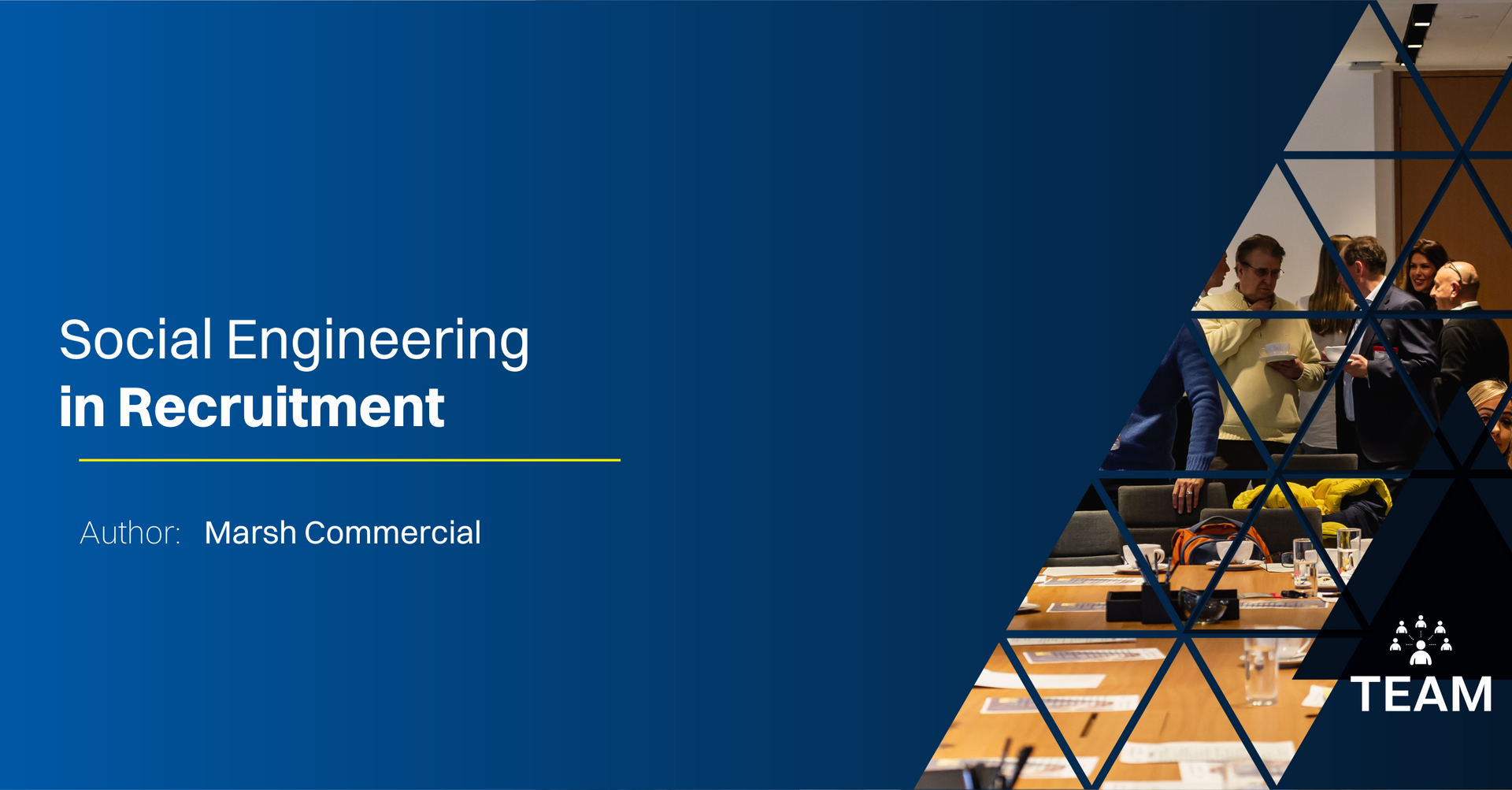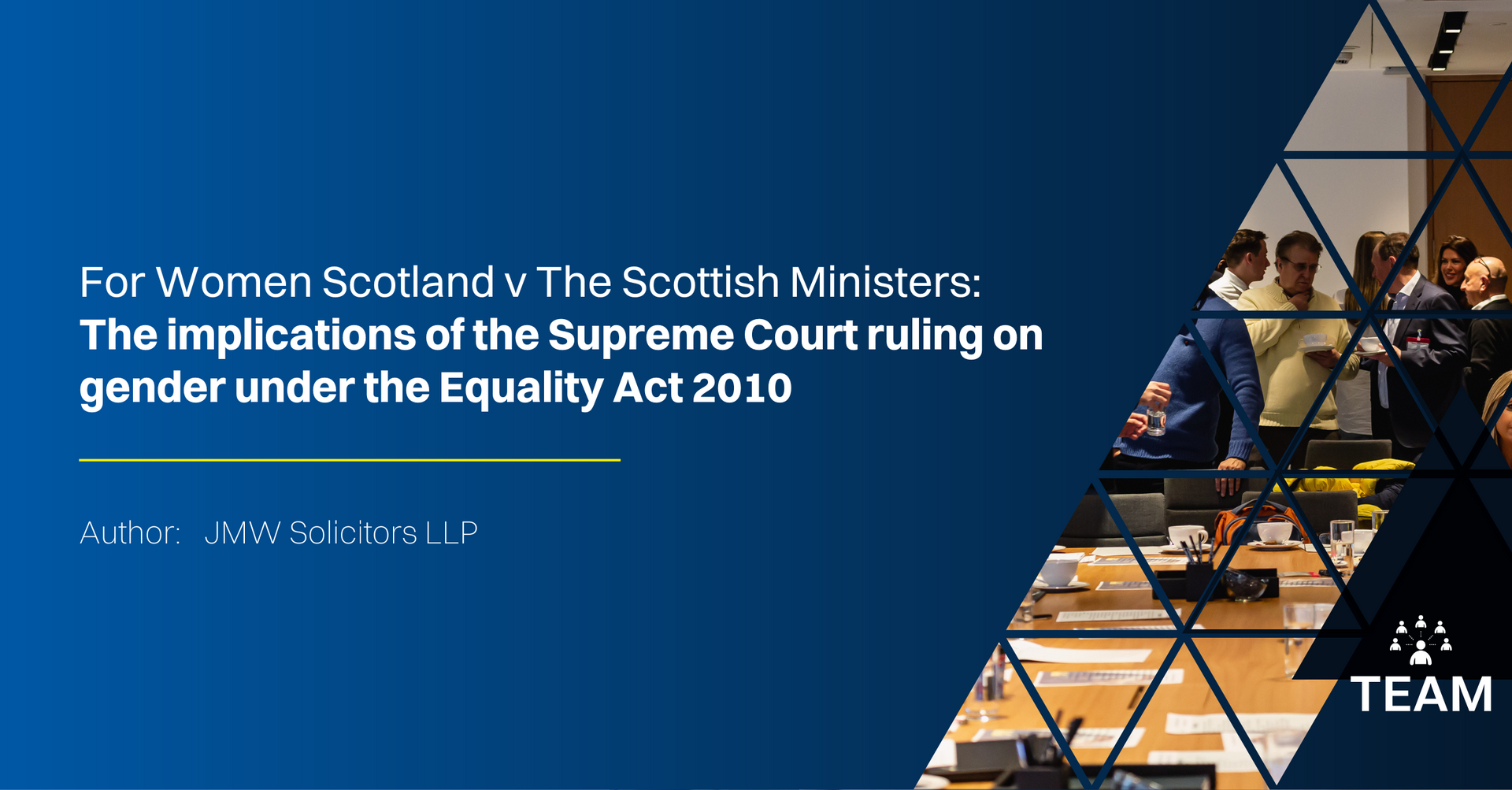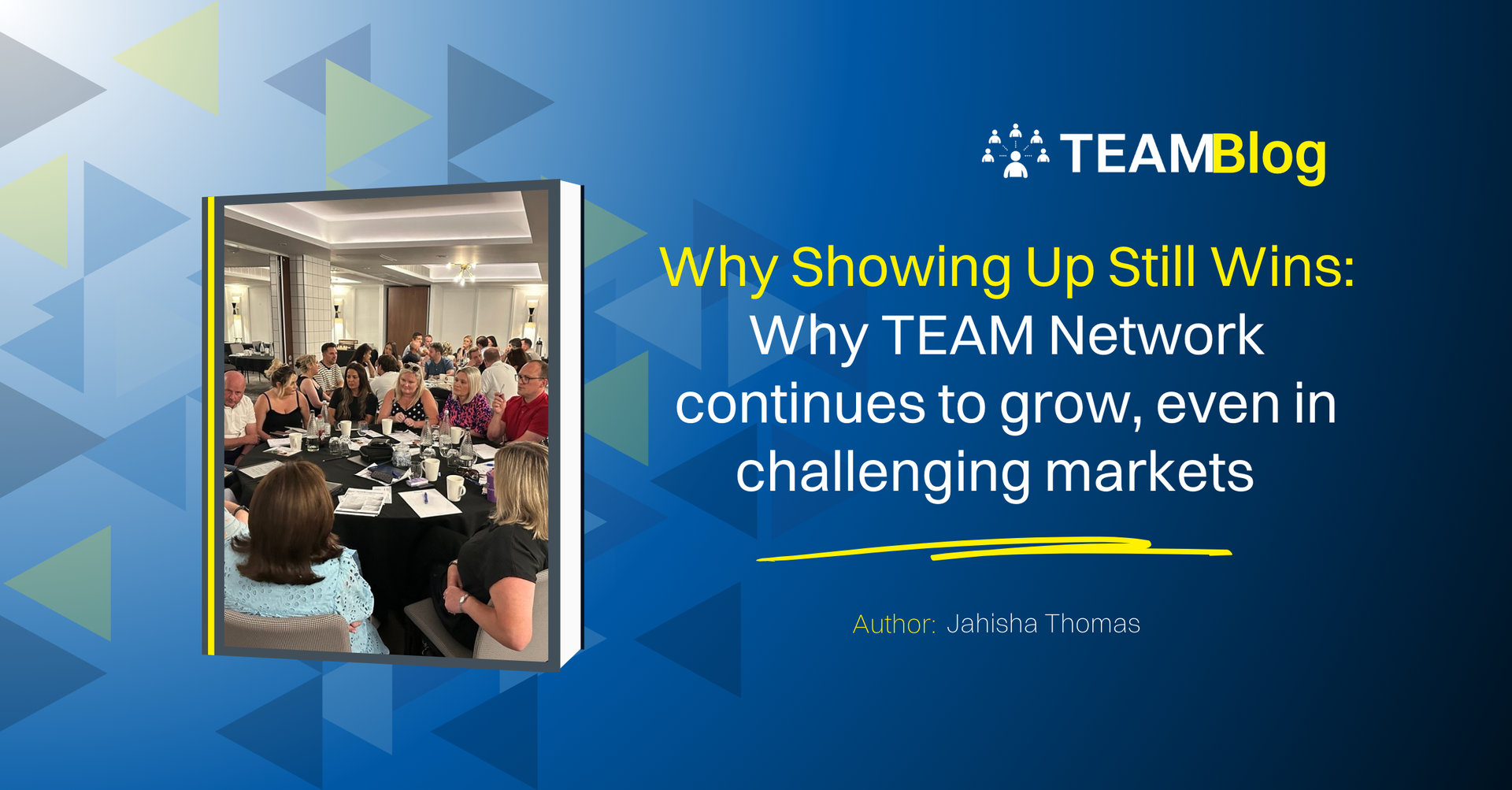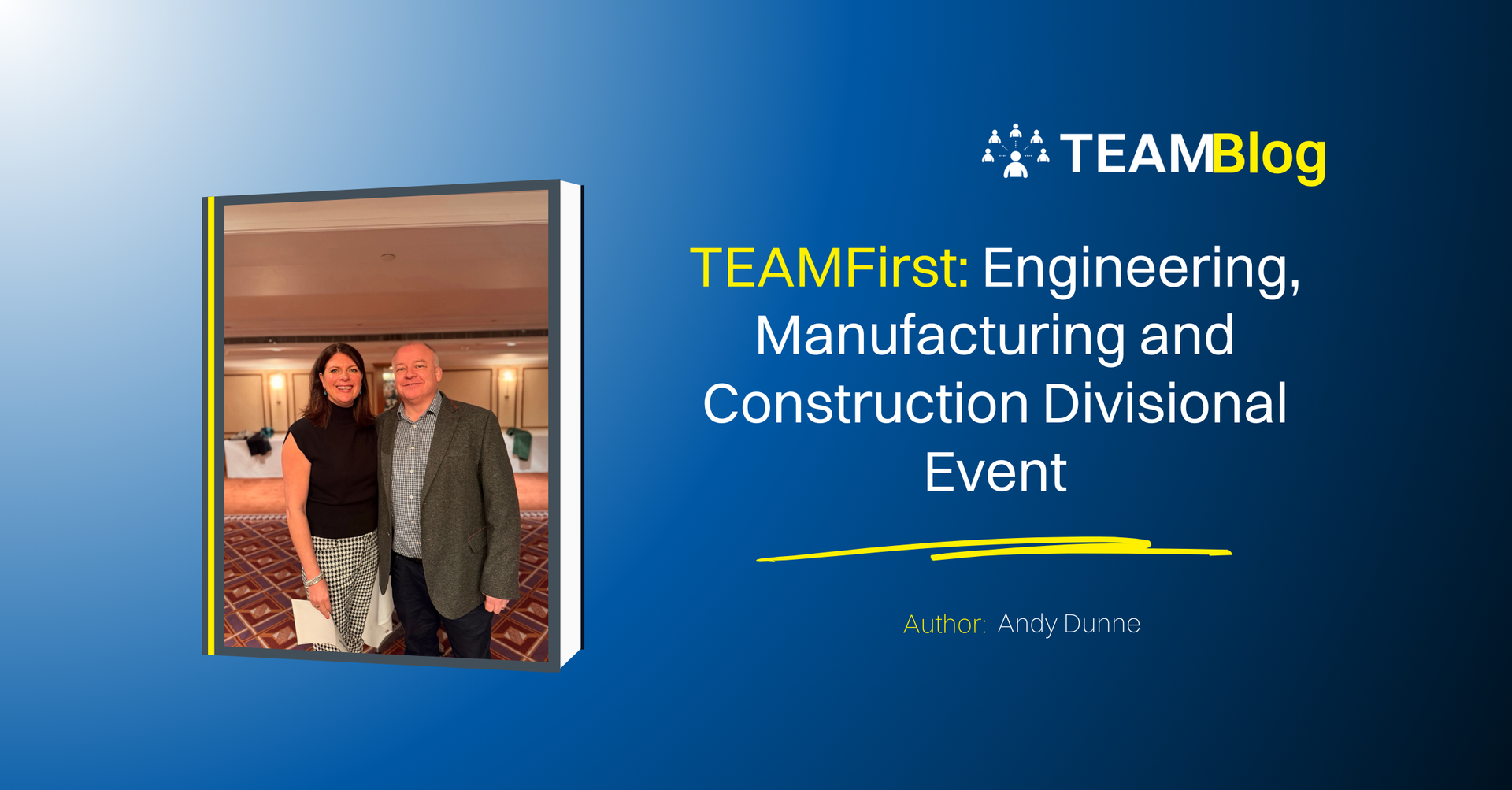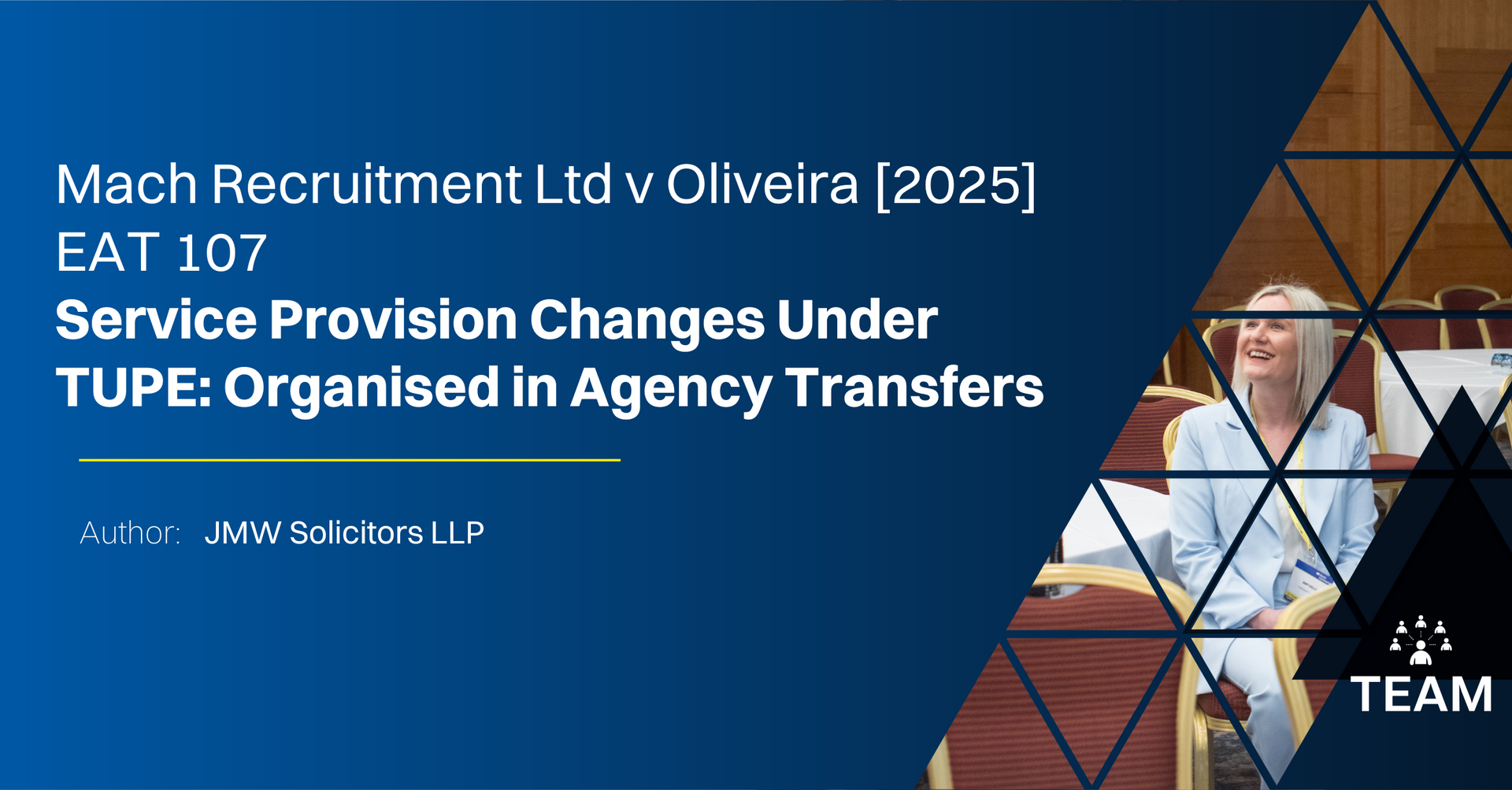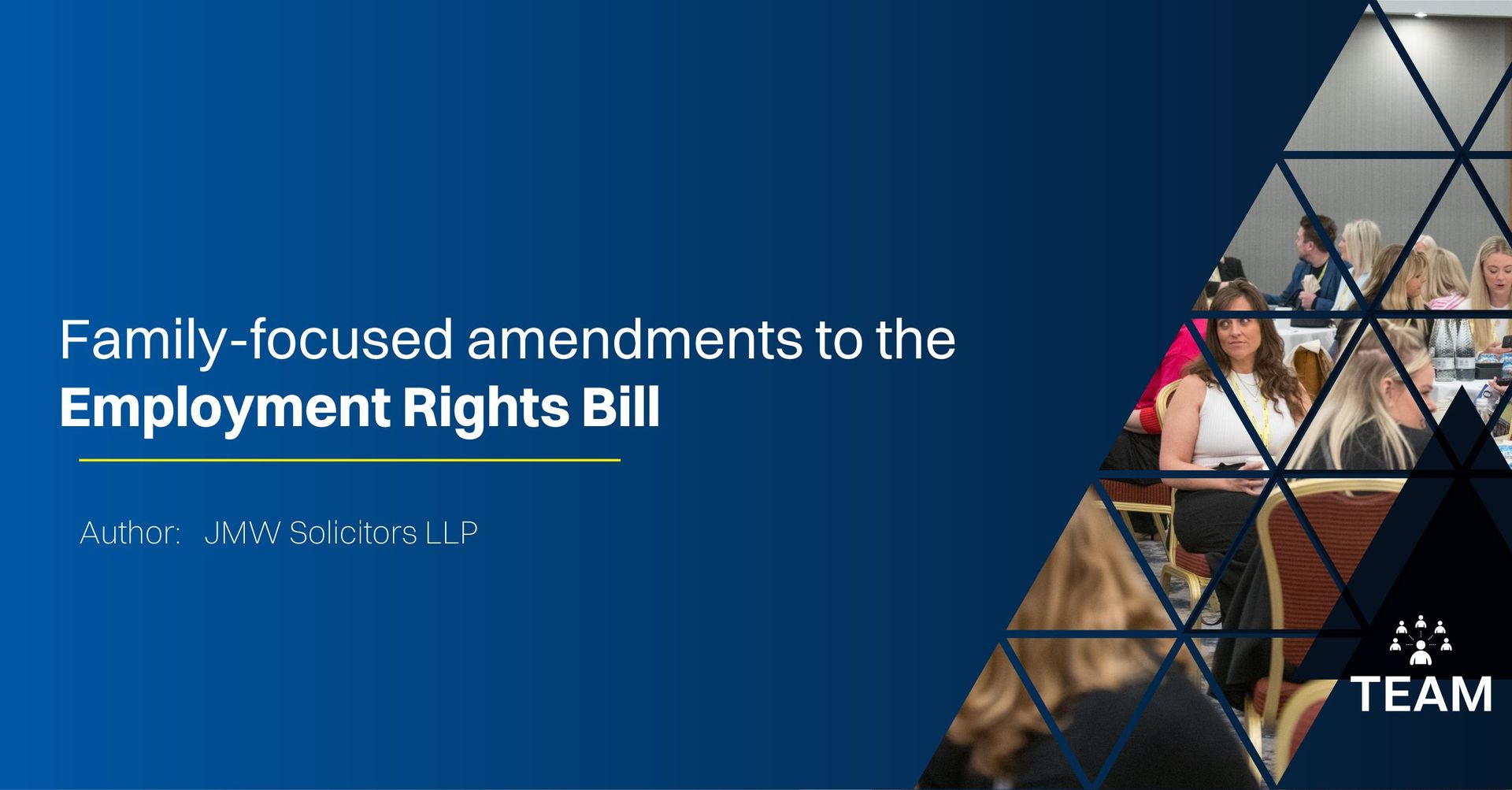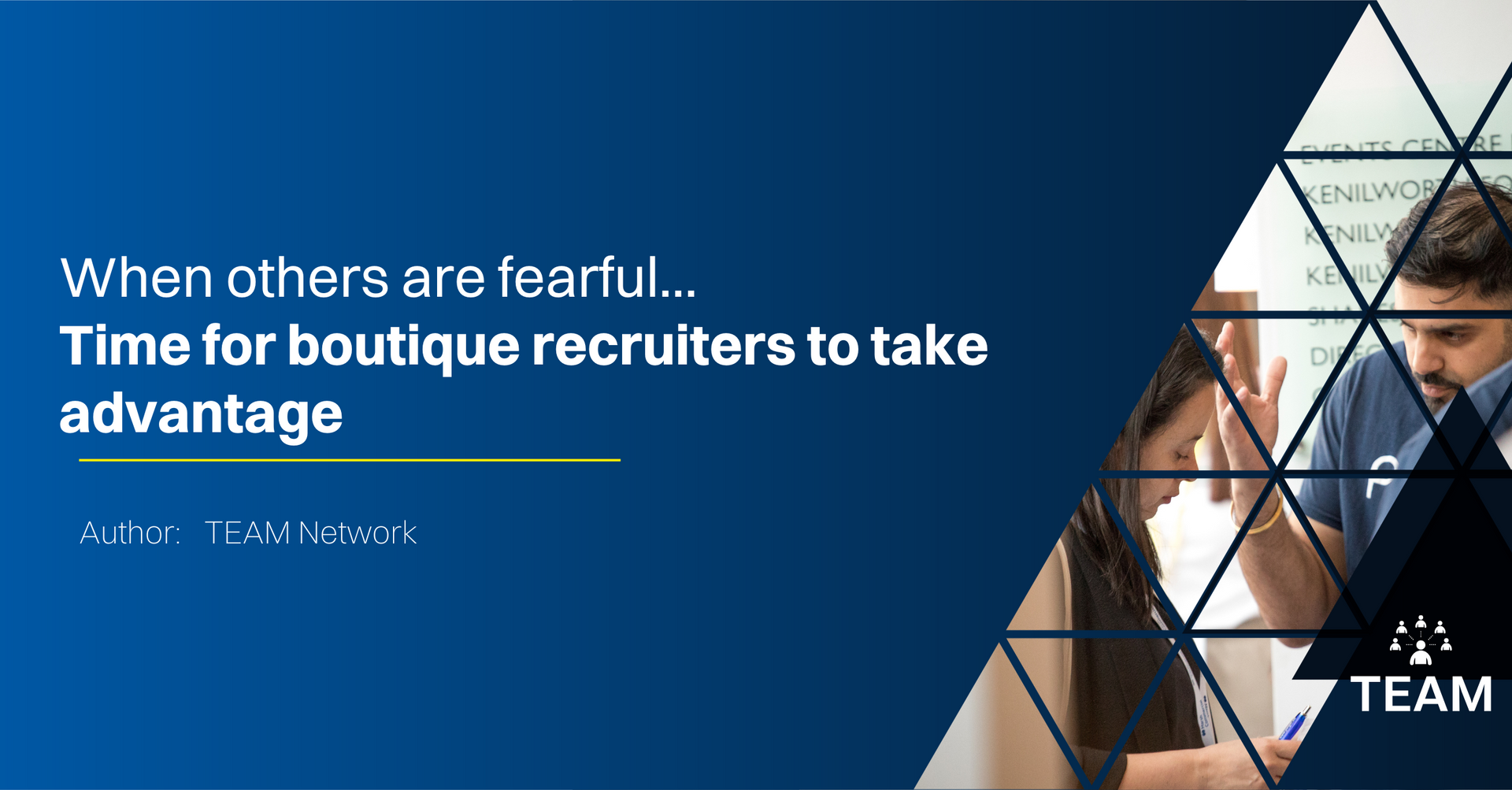Recruitment firms must strategise for sustainable growth once they attain scale-up level by validating their services and presence in the market. Technology, particularly recruitment software, is a significant investment that scale-ups can capitalise on to gain success.
Once the business starts to outgrow the current path, it becomes a question of whether the recruitment firm is looking at quick growth or aims to make an enduring industry impact.
Scaling up a business involves a flurry of activity and dynamic decision making. The goal is to have higher output while keeping the input low. Identifying the right area of business to grow or invest in is key.
So while exciting, it is not an easy stage for the business operation and expansion.
The right time for recruitment agencies to scale up
Figuring out if it’s the right time to scale up takes some soul searching. Entrepreneurs must question if their business is ready.
For recruitment firms, it can be once the quality of their services is validated and they have a reliable source of income. It can be once the usual work processes start feeling limiting. Then the business owners can begin to look beyond their companies’ existing services and financial health while deliberating the potential for scaling up.
Alongside this, it’s necessary to be aware of obstacles that currently inhibit the business and impede progress. Getting rid of redundant business practices is a good place to start. Strategise ways for the business to be faster, better and more efficient.
Recruitment is all about people. Hence, having a system that delivers quick and superior recruiting services is beneficial to all. This involves doing away with manual processes and automating tasks. It also includes streamlining recruiting tools. Save time by integrating essential tools. For instance, get a recruitment software system that can integrate with different software systems such as video conferencing and candidate skills testing software.
Investing in software can be the right next step to take for many scale-ups. The database is the core of every recruitment business. Consequently, agencies must reflect on their current tools and software systems.
Take recruitment CRM as an example. It is fundamental to the recruiting desk. But does it allow recruiters to focus on the core tasks? Does it help achieve optimal success? If the answer is not a firm yes, it might be time to consider switching to a better, more well-suited recruitment agency software.
Choosing recruitment software judiciously
Making the correct choice in technology partnership improves the quality of work produced while also enhancing the work experience. In a competitive market like recruitment, the right recruitment software can make a huge difference. It helps recruiters quickly place top talents in suitable roles that form the core of recruitment.
Therefore, it is of paramount importance to ensure that the tools being used are suitable.
Recruitment scale-ups who are contemplating their choice of CRM software must think about what their expectations are from their new tech partner.
Improved systems for efficiency
Introducing a new tech into the business is about improving the process. A good recruitment software immediately streamlines the work and that simplifies the working system. This software provides a central platform for storing and accessing key data, boosts talent sourcing, streamlines candidate compliance checks and helps build better talent pipelines.
Automation
Time is the greatest benefit of using automated recruitment CRM software. Recruiting work contains a lot of time-consuming, labour-intensive tasks that are better left to the software. Using the CRM software system inevitably frees up a recruiter’s time. It can take over tasks such as job posting, pre-employment candidate assessment and CV screenings. Automating these repetitive recruiting tasks enables recruiters to gain time and focus on producing superior quality work to better serve candidates and hiring companies.
Quality communication
Maintaining regular and transparent communication improves relationships. Candidate experience often gets marred by poor communication. Utilising the recruitment software mobile app helps to respond quickly to emails and texts or keep notes of important conversations. CRM software makes communication easy.
High-performing tools for high-performing staff
Running a successful business is about employing the right people. And supporting these talented staff includes investing in the right tools. High performing recruiters need the support of good recruitment software solutions. It helps transform the workflow and reinforces positive results.
Don’t forget excellent customer support
The scale-up phase is a critical juncture for businesses. The recruitment firms that will be investing in better tech systems must keep client support in mind.
Thus, decision makers must be cautious about joining forces with the first recruitment CRM supplier they like. The best recruitment agency software is the one that has stellar features and easy functionality sustained by quality customer care.
The importance of excellence in client support is often discounted. But it pays to be careful. Recruiters will want a smooth sailing system that runs without a hitch. Yet they are bound to encounter problems and will need an experienced consultant to help them navigate the issue.
Going through customer testimonials, Trustpilot scores and paying attention to market reviews helps pin down the perfect recruitment software.
Service Provider Spotlight
This article has been provided by Paul Thomson, Sales & Marketing Director at TEAM Service Provider – Ikiru People.
Ikiru People is a leader in the supply of technology solutions and services to recruitment, staffing and executive search businesses, as well as corporate HR teams around the world – providing the platforms they need to test and train candidates, support further development, enhance the recruitment process and source the best talent.
